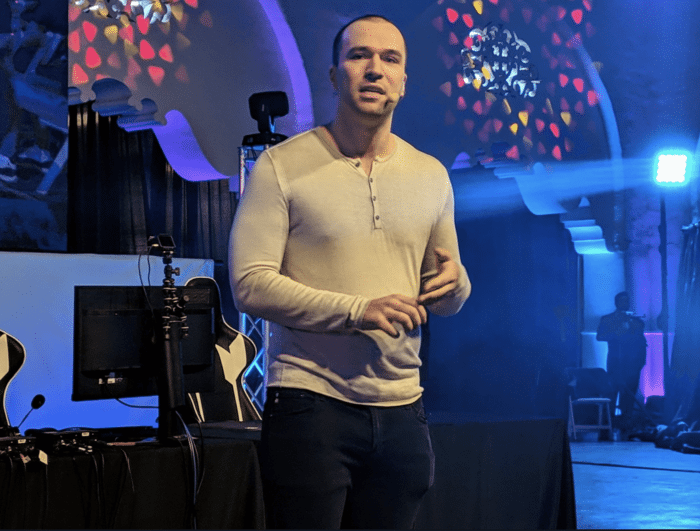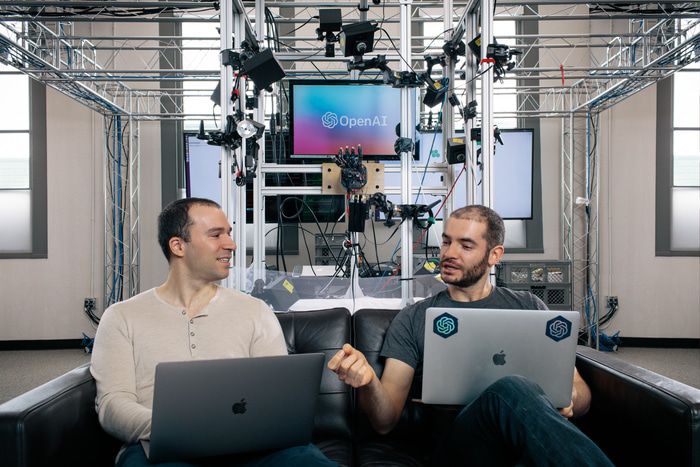It’s time to become an ML engineer
AI has recently crossed a utility threshold, where cutting-edge models such as GPT-3, Codex, and DALL-E 2 are actually useful and can perform tasks computers cannot do any other way. The act of producing these models is an exploration of a new frontier, with the discovery of unknown capabilities, scientific progress, and incredible product applications as the rewards. And perhaps most exciting for me personally, because the field is fundamentally about creating and studying software systems, great engineers are able to contribute at the same level as great researchers to future progress.
“A self-learning AI system.” by DALL-E 2.

I first got into software engineering because I wanted to build large-scale systems that could have a direct impact on people’s lives. I attended a math research summer program shortly after I started programming, and my favorite result of the summer was a...
 Studying machine learning during the 2018 holiday season.
Studying machine learning during the 2018 holiday season.
 This post is co-written by Greg Brockman (left) and Ilya Sutskever (right).
This post is co-written by Greg Brockman (left) and Ilya Sutskever (right).